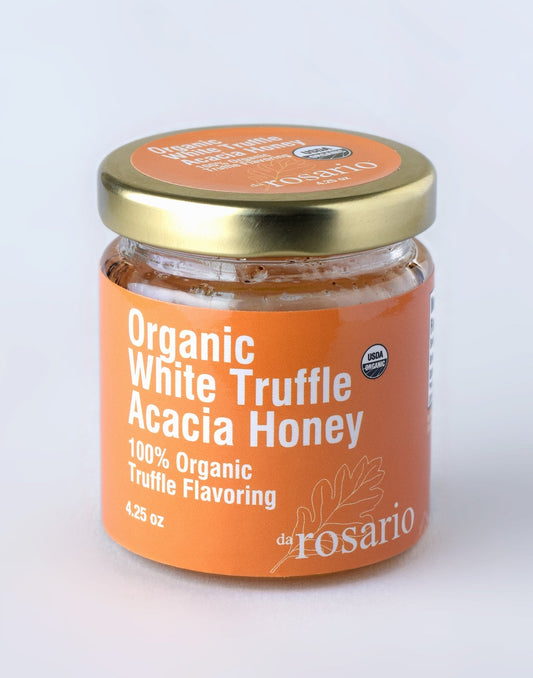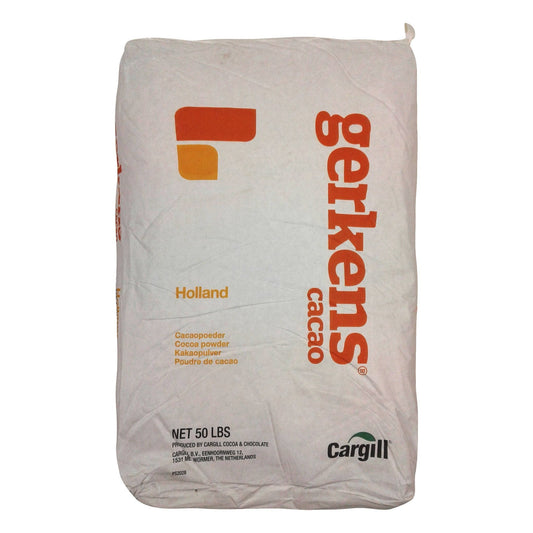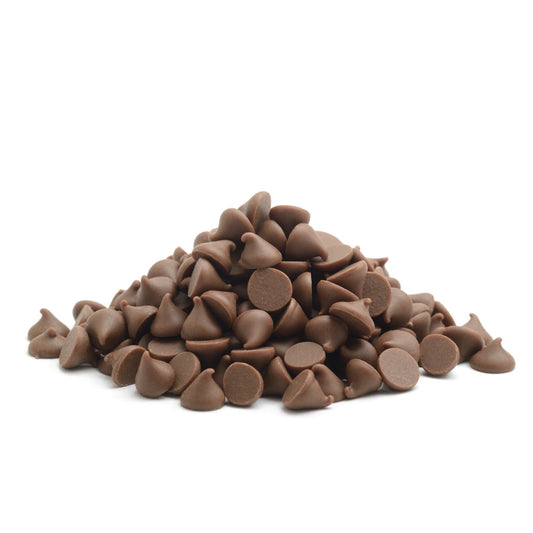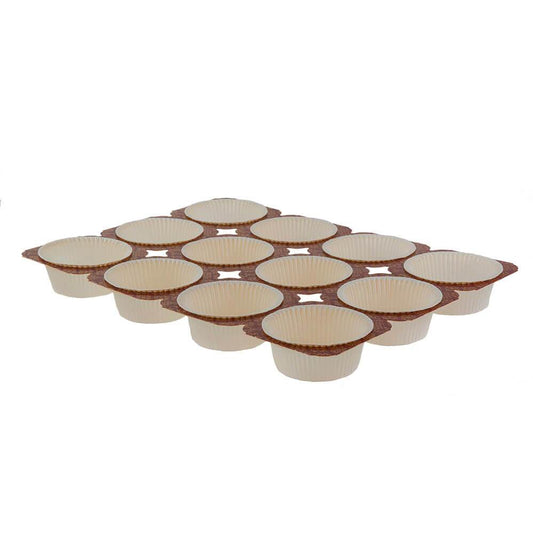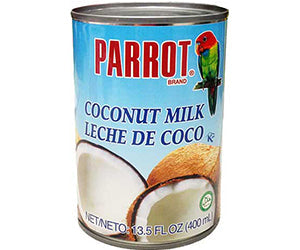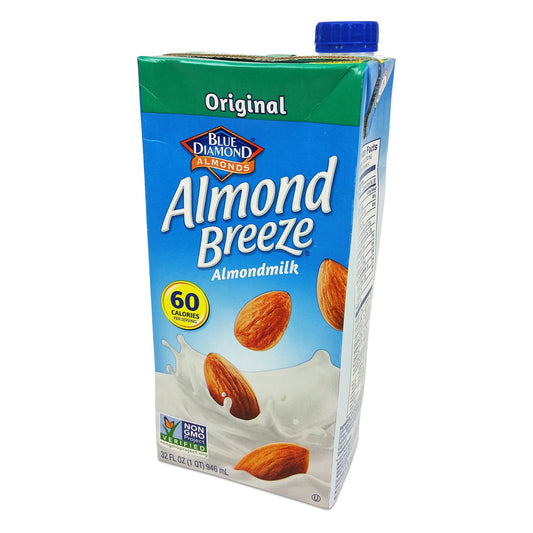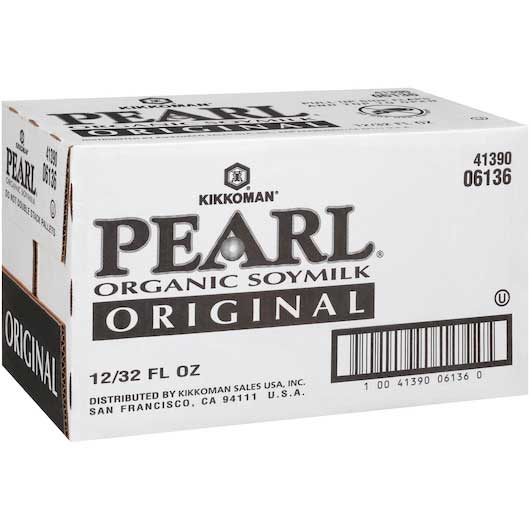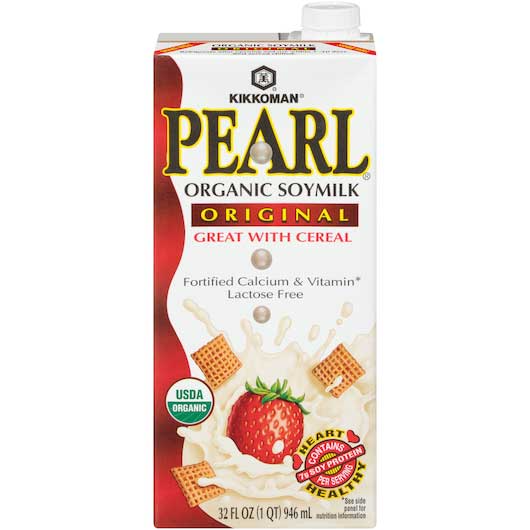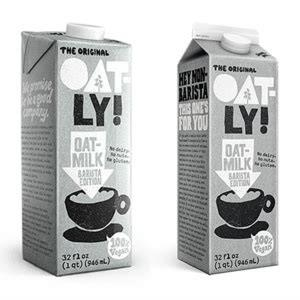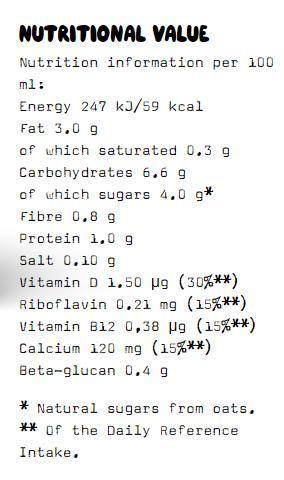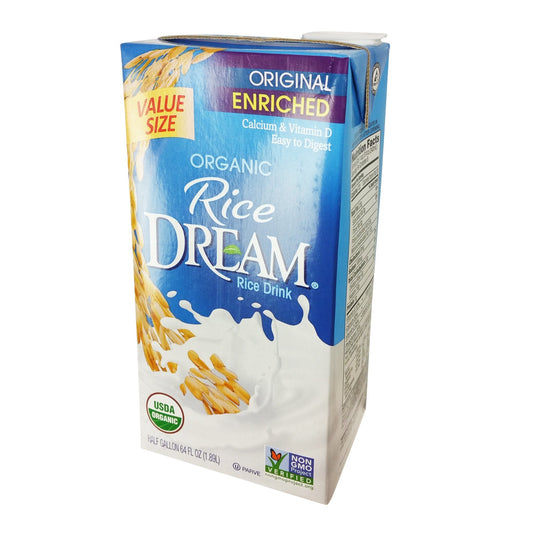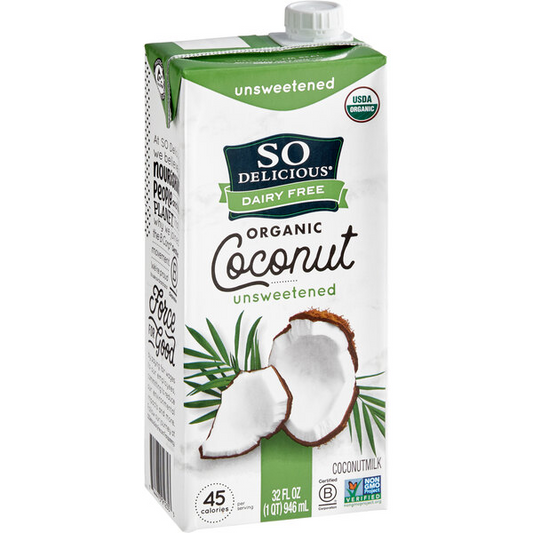-
-
Vendor:Blue Diamond Almonds
Almond Breeze Almond Milk (Case of 12/32oz)
Regular price $54.07Regular priceUnit price per -
Vendor:Blue Diamond Almonds
Kikkoman Pearl Original Soymilk (Case of 12/32oz)
Regular price $40.73Regular priceUnit price per -
Vendor:Oatly
Oatly Oat Milk Barista (Shelf Stable)
Regular price $46.58Regular priceUnit price per -
Vendor:Rice Dream
Original Enriched Organic Rice Drink
Regular price $68.74Regular priceUnit price per -
Vendor:Parrot
So Delicious Organic Coconut Milk Unsweetened (Case 12/32oz)
Regular price $38.67Regular priceUnit price per
Frequently Asked Questions
-
Why should I consider using milk alternatives in my baking?
- Using milk alternatives can help cater to a growing market of consumers with dietary restrictions, such as lactose intolerance, dairy allergies, or vegan preferences. Additionally, some milk alternatives can impart unique flavors and textures, setting your baked goods apart from the competition.
-
Will milk alternatives affect the texture or flavor of my baked goods?
- Each milk alternative has its own unique flavor profile and composition. For instance, almond milk may impart a slightly nutty flavor, while oat milk may add a creamy texture. It's essential to choose the right milk alternative based on the desired outcome of your baked item.
-
Are milk alternatives as stable in baking as regular cow’s milk?
- Milk alternatives generally perform well in baking, but there might be variations in the end result depending on the specific alternative used. It's always a good idea to test a new ingredient in a smaller batch to ensure desired consistency and flavor.
-
Can I use milk alternatives in a 1:1 ratio as a substitute for dairy milk?
- For most recipes, yes, you can substitute milk alternatives in a 1:1 ratio. However, because of differences in fat content and consistency, slight adjustments might be required in some recipes to achieve the perfect end result.
-
Which milk alternative is best for high-temperature baking?
- Soy milk and almond milk are popular choices for high-temperature baking due to their stability. However, every alternative has its unique properties, and the best choice often depends on the specific requirements of the recipe.
-
Do milk alternatives have a shorter shelf life than regular milk?
- Shelf life varies among milk alternatives. While some, like UHT (Ultra-High Temperature) processed almond milk, have a longer shelf life than regular milk, others might have a shorter one. Always check the expiration date and store as recommended by the manufacturer.
-
How do milk alternatives impact the nutritional content of my baked goods?
- Milk alternatives can modify the nutritional profile of your baked items. For example, soy milk is high in protein, while coconut milk is rich in healthy fats. Depending on the chosen alternative, your products might be lower in calories, higher in certain vitamins, or free from cholesterol.
-
Are there any cost considerations when switching to milk alternatives?
- The cost of milk alternatives can vary based on the type and brand. While some might be comparably priced to cow's milk, others can be more expensive. However, offering baked goods that cater to specific dietary needs can attract a broader customer base, potentially offsetting any increase in ingredient costs.

